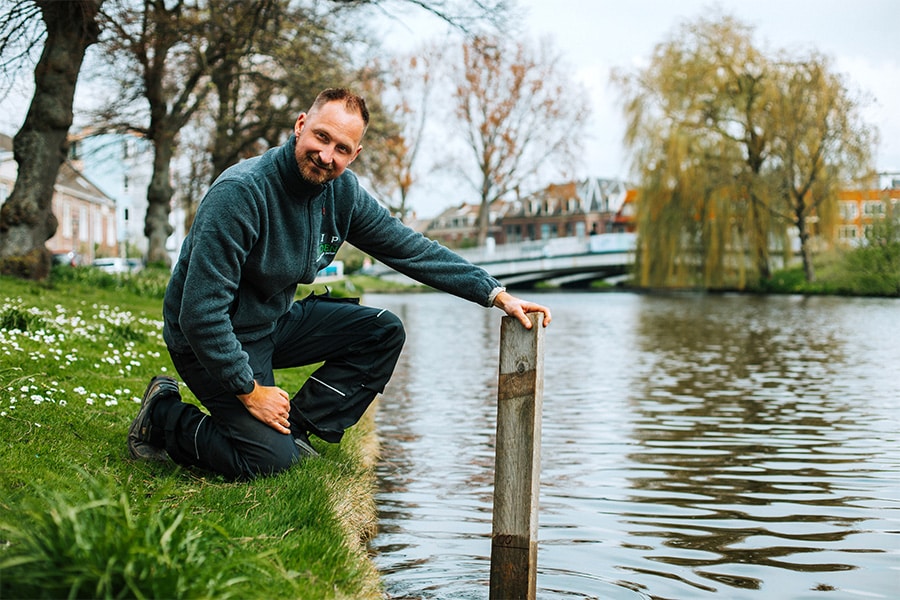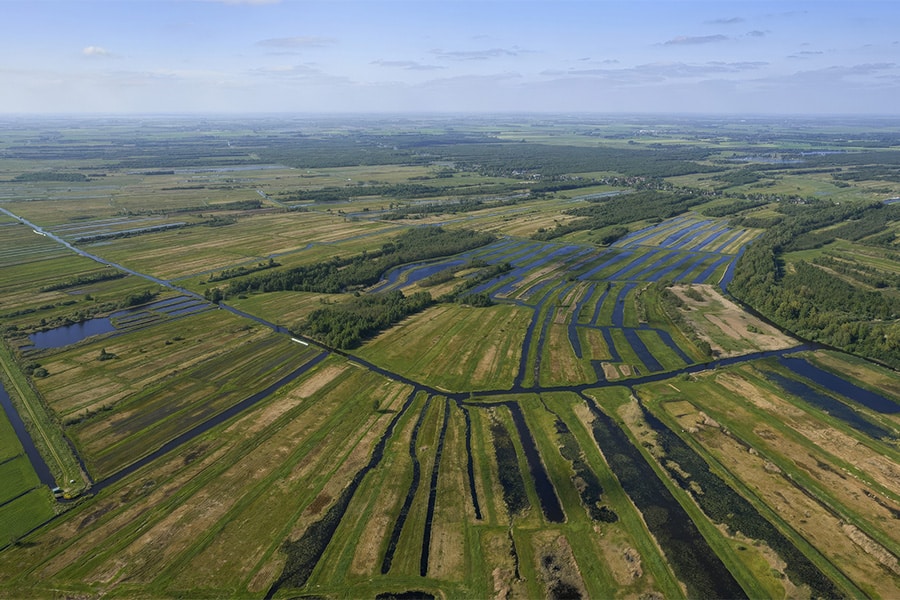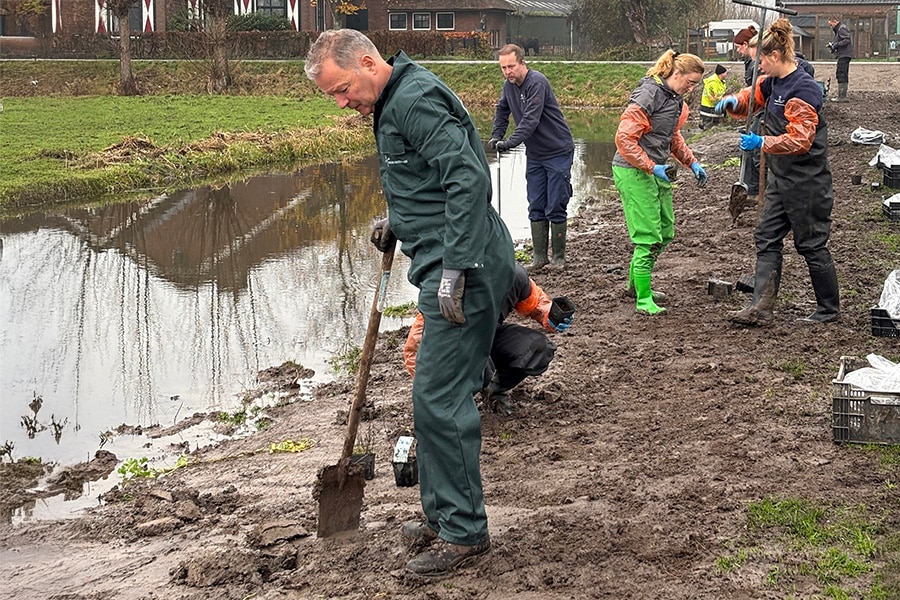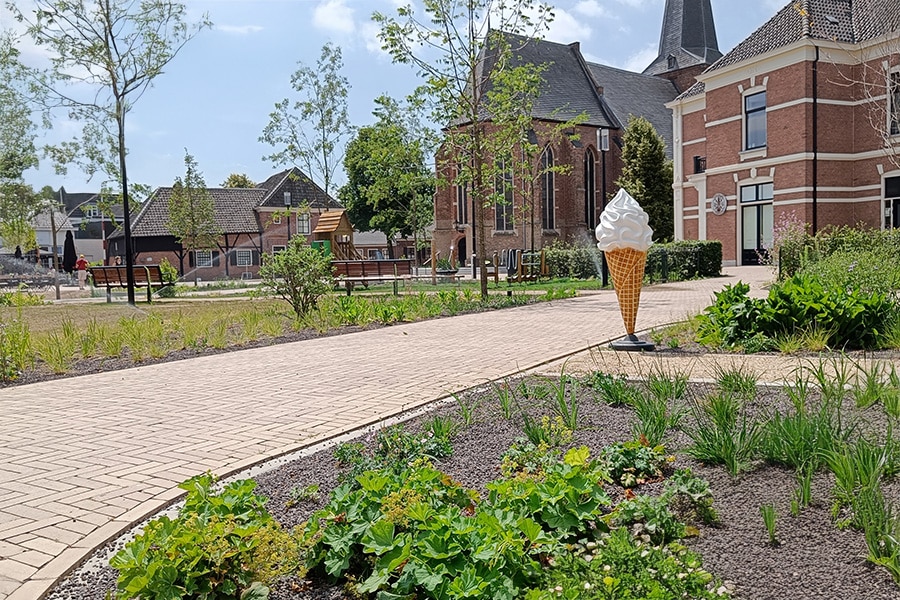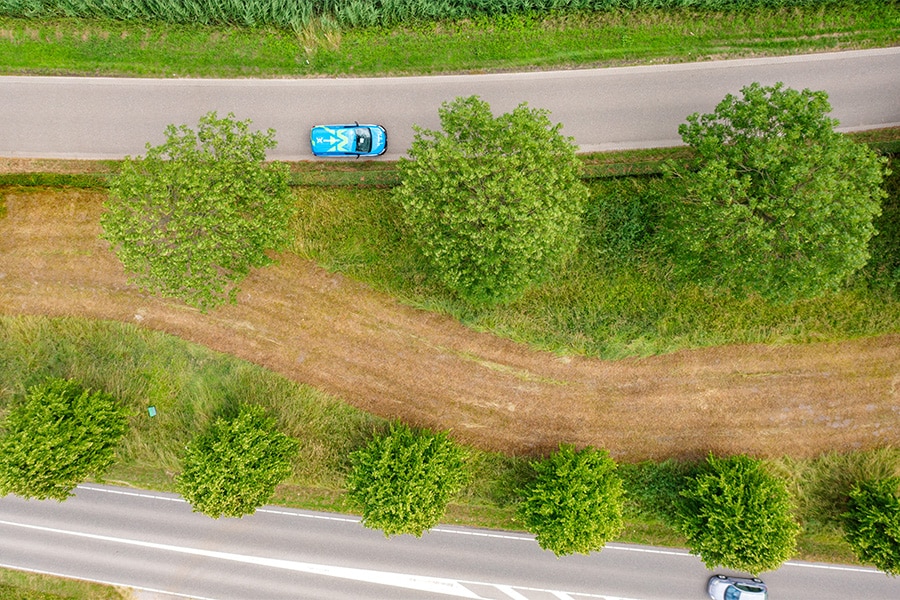
What seems to work on paper doesn't always do so in the field
Ecological roadside management is a worthwhile endeavor, although the translation from theory to practice often proves challenging. Something Robin Castelijn, director of Wallaard Groen, faces almost daily. The trick is to turn this challenge into an opportunity.
“We, and in fact this applies to the entire contracting industry in the Netherlands, suffer from varying policies of many clients.” Castelijn makes no bones about it. “It could be that a client decides that we have to mow twice one year, but suddenly not at all the next year or with a completely different methodology. What makes it difficult is that you may have purchased all the (innovative) machines that can suddenly be used less or even not at all.”
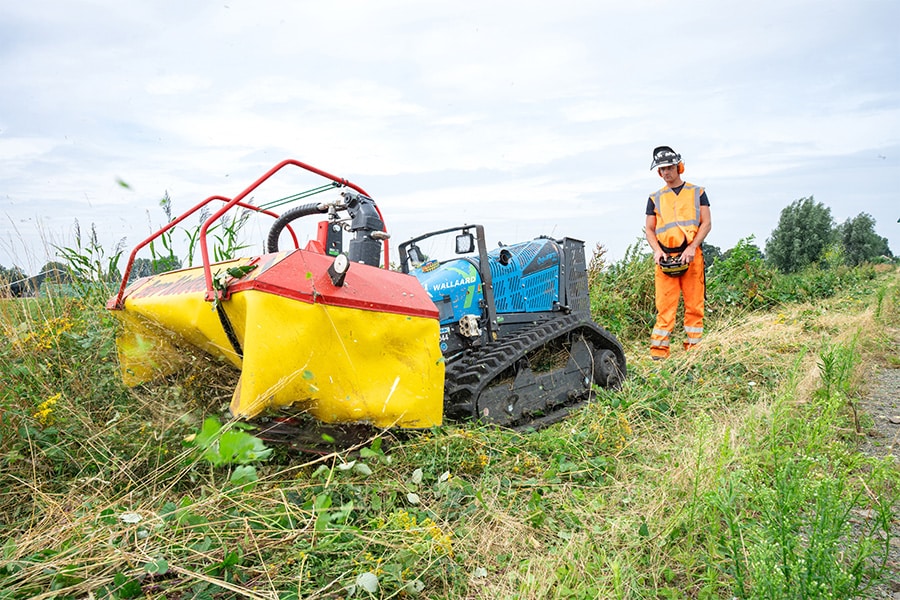
More ecological greenery
It's one of the challenges Castelijn faces with his company. Nevertheless, the green branch of the family business has grown rapidly over the past four years. For example, they carry out more than 300 kilometers of roadside management for ProRail, they do tree management for many municipalities and also for ProRail, they lay out complete sites for schools and recreational parks, among others, and their final specialty is the construction of green roofs and roof gardens. Within the latter, it is particularly the sloping green roofs that are literally and figuratively gaining ground. “There is an increasing demand for ecological greenery. That fits well with us as a company. Originally we are nature people and contributing to a beautiful green environment is the beauty of our profession. Not for nothing are we a Groenkeur and Kleurkeur certified company. We have well-trained people in house, we invest in new machines and techniques, and that results in more, but above all beautiful work.”
Reverse
The ecological approach of clients can also have a downside, according to Castelijn. “What is thought up in the office certainly doesn't always fit in with practice.” As an example, he gives flail mowing. “Within ProRail's Code of Conduct, this is not allowed. That means mowing in a different, much more labor-intensive way. This requires many more passes which is extra stressful for the subsoil. It certainly does not benefit the ecology. Within the Gedragscode van Rijkswaterstaat, Waterschappen en Stadswerk for municipalities it is allowed, but under such conditions that it is still not a viable option. Moreover, ecological roadside management requires customization. After all, no two plots of land are the same. That too is quite often overlooked.”
Opportunities
These challenges also present opportunities. For example, Wallaard Groen is deploying special robotic mowers with different attachments. He also expects to see more work in the future from the Department of Public Works, ProRail and State Property Agency, which will be pooling plots more. “And from municipalities we see an increasing need for greening and good tree management. This in the context of climate adaptation and increasing biodiversity. Here are great opportunities for our sloping ecological green roofs.”
